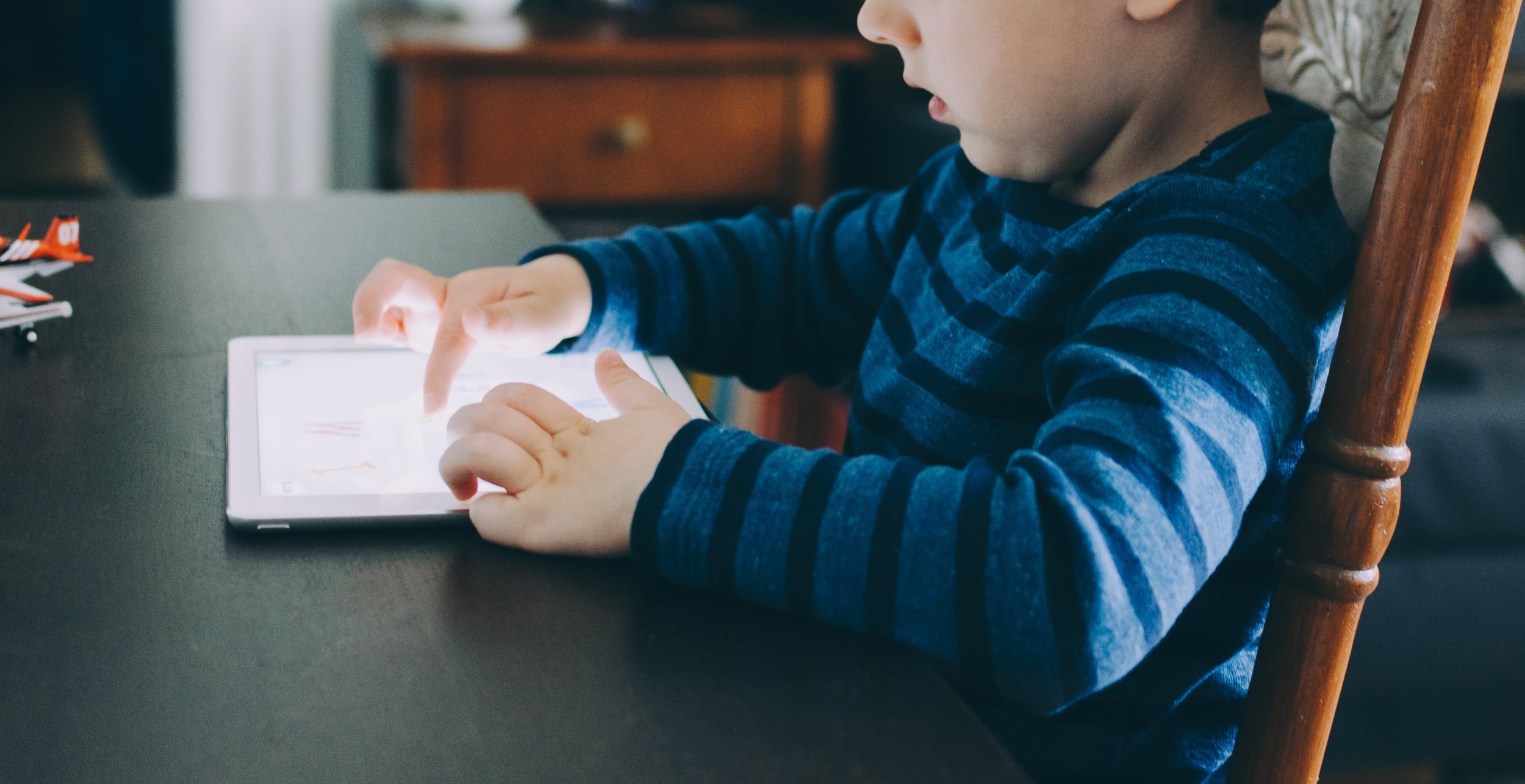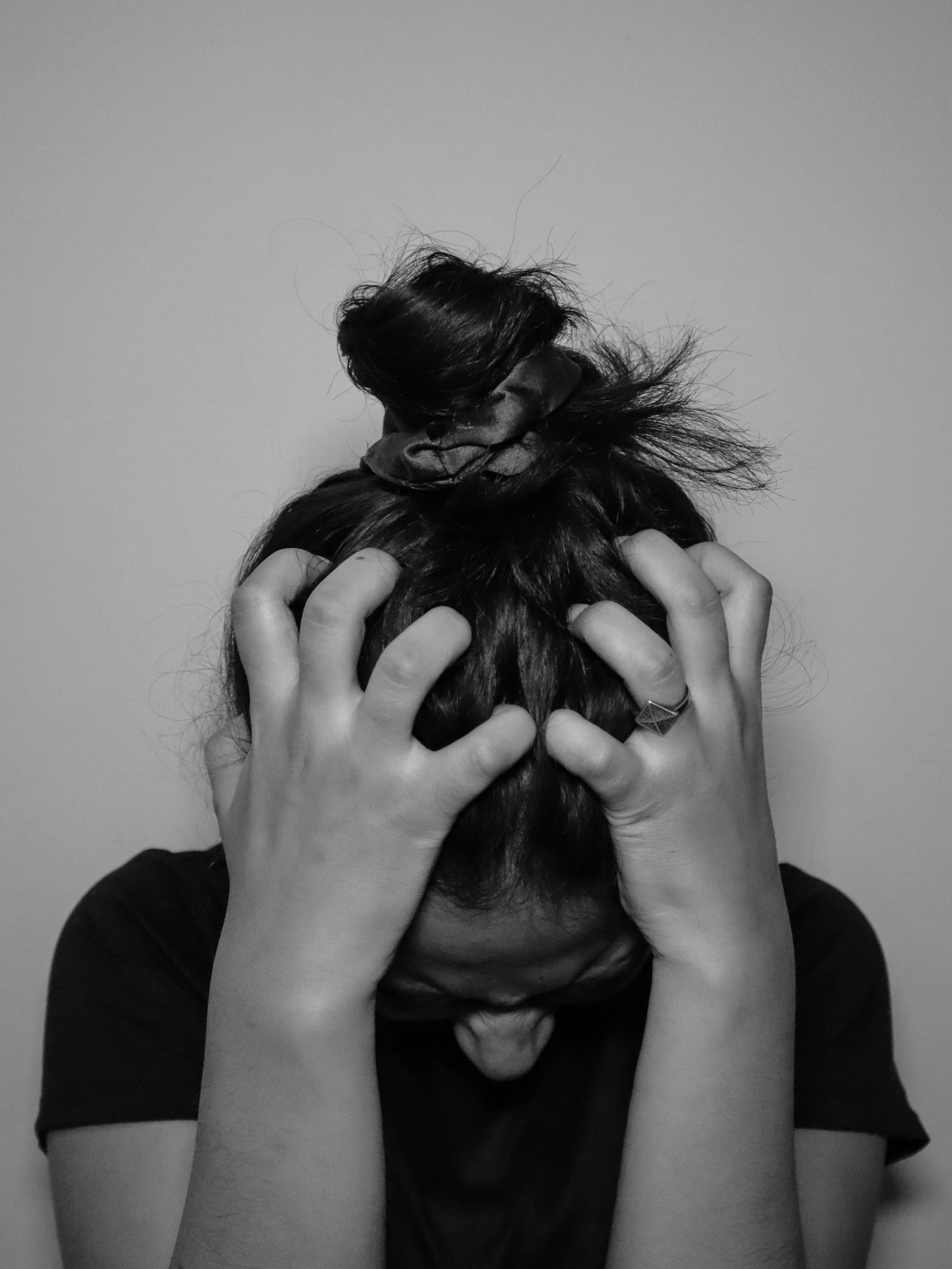Screen time for kids
Screen time refers to the amount of time watching TV, including videos and DVD’s; playing computer games on video consoles or computers, and using computers for other purposes. Screens are a part of everyday life - 93% of Australian children are regularly exposed to screen time.
A recent survey of Australian preschool children has found that a mere 32% are meeting the recommendations for limiting screen time and adequate exercise. This means that 68% of our children are spending too much time in front of a screen, and not enough time participating in physical activity!
The current Australian screen time guidelines are:
Under 2 years – no screen time
2-5 years – maximum 1hr/day
5 years plus – maximum 2hrs/day
What does excessive screen time for kids lead to?
Compared to children who have less than 2 hours of screen time a day, children who have more are more likely to:
be overweight
be less physically active
drink more sugary drinks
snack on foods high in sugar, salt and fat
have fewer social interactions
have poor posture
In addition, I’ve summarised some of the more recent research for you.
Excessive TV has been linked to other negative outcomes such as adolescent obesity, poor cognitive performance, antisocial behaviour and reduced sleep time.
For every hour of television children watch each day, their risk of developing attention-related problems later increases by 9 percent.
Children who watch age-inappropriate content, compared with children to watch age-appropriate (pro-social or educational content), have poorer sleep.
Excessive television viewing in childhood and adolescence is associated with increased antisocial behaviour in early adulthood.
Every extra hour of television watched by children on a weeknight increased by 30% the risk of having a criminal conviction by age 26.
Above and beyond the research, I’d like to add my opinion on screen time. Screens are a reality for our modern day life and I think there comes a time that exposure to them isn’t a bad thing. As parents, we all know that point where our child’s behaviour changes, usually with an extended period of watching tv or computer games. And the science will agree that excessive use does alter the way their brain is functioning. Blue light alone stimulates their midbrain to be in a stressed out state and can “wind them up” - triggering behavioural changes or insomnia. TV shows and games also stimulate the pleasure centres in their brains and they can easily become addicted, with a meltdown if you turn it off or remove it from their day for a break.
With all that being said, there are a number of educational programs on TV that our children are lucky enough to be exposed to. It does provide an additional avenue for learning that they may not otherwise get.
My personal view is to have no (or minimal) exposure to tv until 2 years of age, followed by heavily screened educational shows from 2 onwards. I have huge concerns with Youtube and it’s automatic choice of video for you children and encourage you do opt for something like ABC kids instead. In light of this information, I’d like to share with you my top tips to meet screen time recommendations that balances modern life with the science.
How can I follow screen time recommendations with my kids?
Pay attention to how much children spend using all screen based media - this includes at home and at school
Do not put TVs or computers in children’s bedrooms
Reduce reliance on a screen to settle or calm your child - find other ways that truly calm their system rather than distract them
Eliminate background TV - try background music
Limit or zero TV on school days
Identify non-screen, in home activities that are pleasurable to children
No TV in eating areas
Monitor what your children are watching on TV - replace violent or age inappropriate media content with quality educational and pro-social content
No screen time 2 hours before bed - to allow the body to produce melatonin and calm for a good night’s sleep
Use blue light blocker glasses - I recommend Blublox brand
How much screen time does your child get exposed to?




